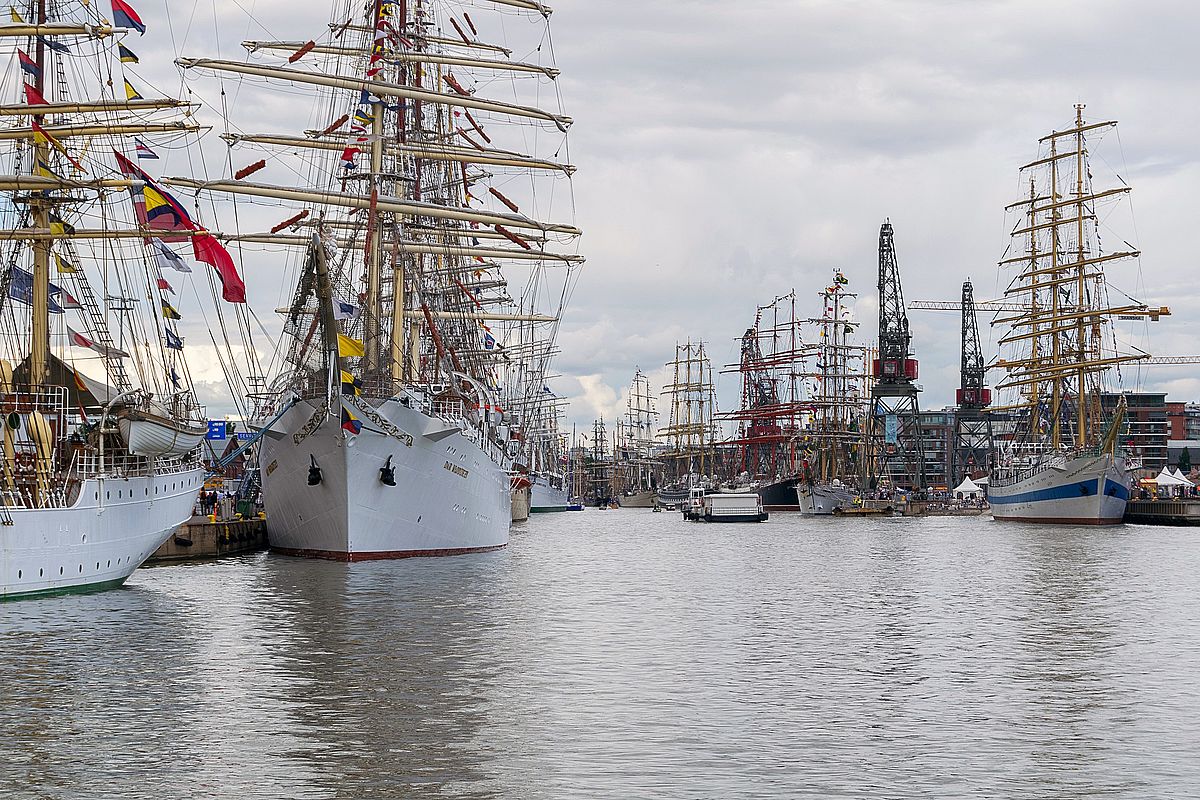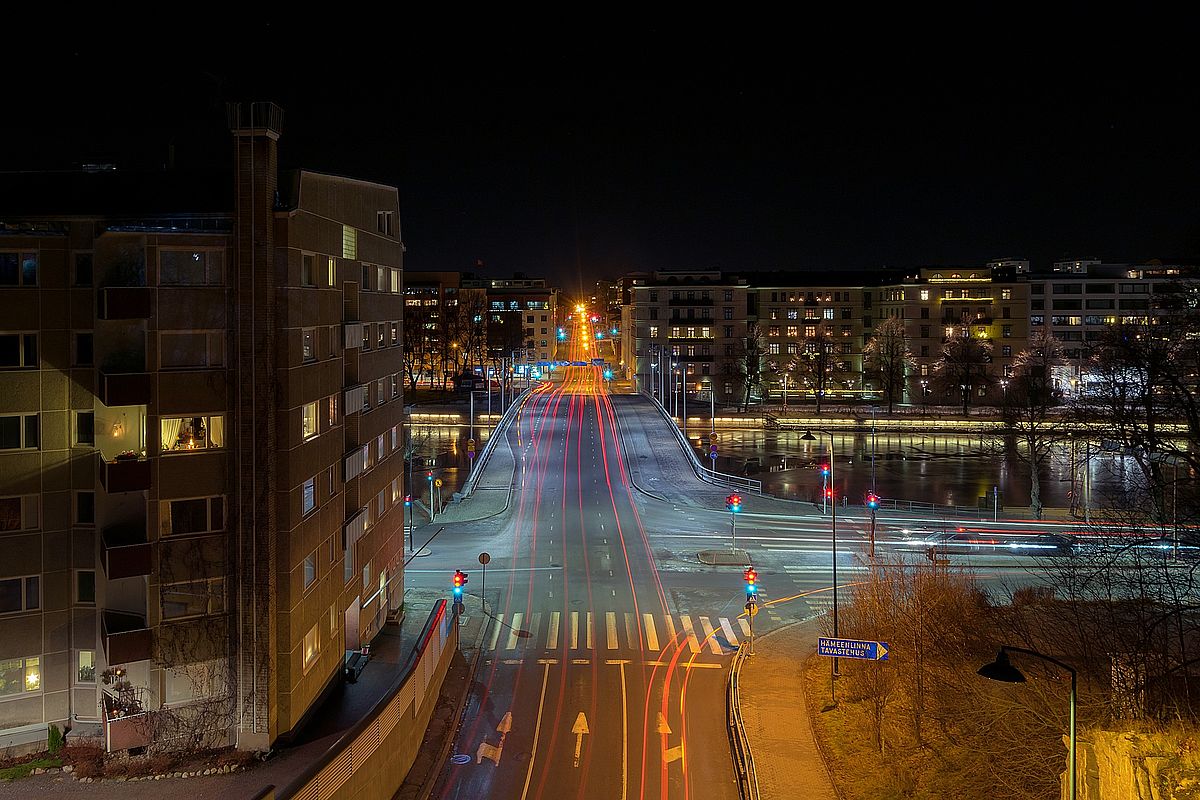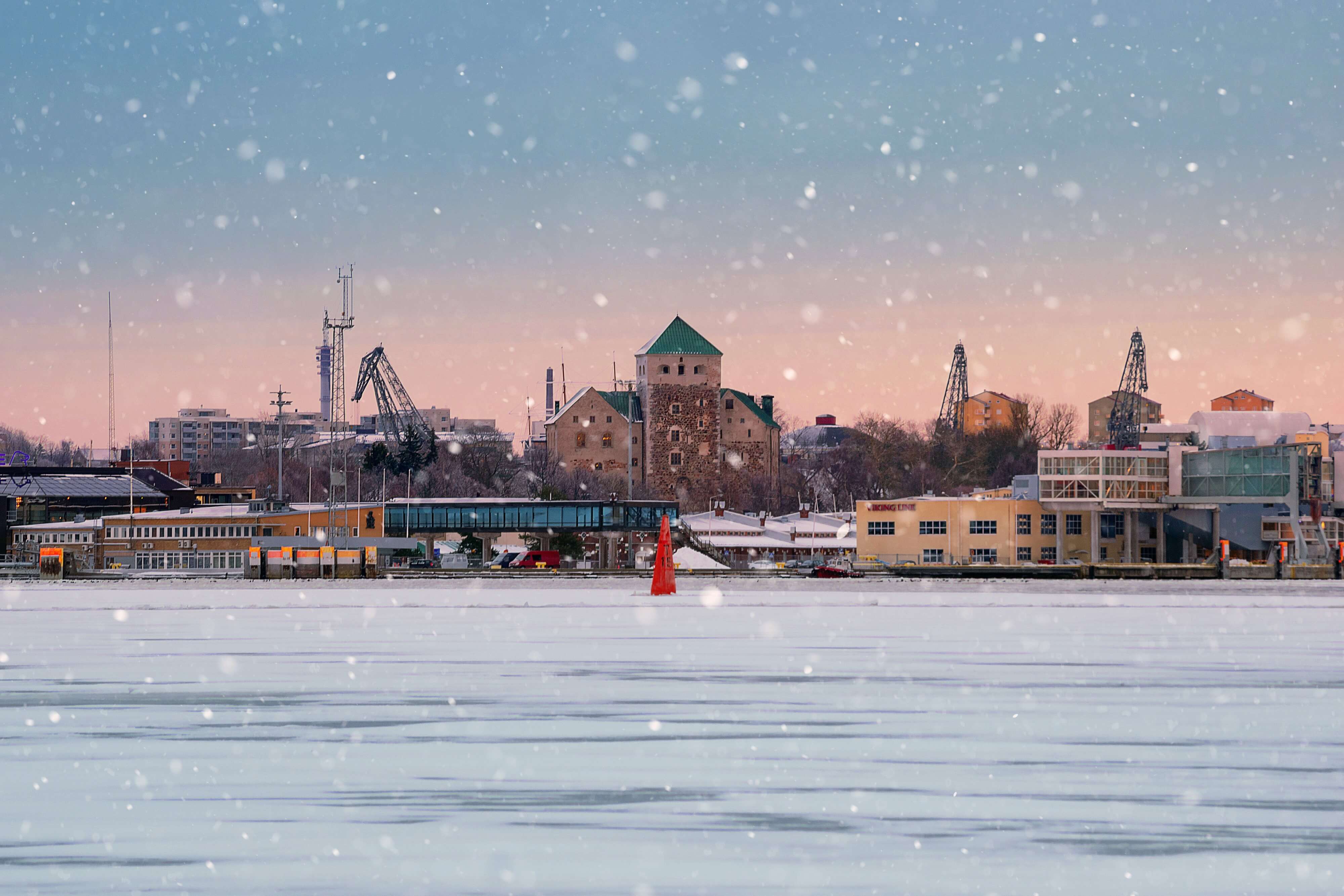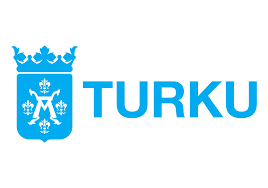Turku, Finland
Located in Southwest Finland, Turku is the regional capital of the third largest urban area in Finland. Turku is the country’s oldest city and a global frontrunner for climate action. The city is committed to a resource-wise future with zero emissions, zero waste and sustainable use of natural resources by the year 2040. Turku aims to become carbon neutral by 2029 and climate positive with negative net emissions thereafter. With its surrounding municipalities, Turku is an energetic centre of growth in the Baltic Sea area. In 2019, the city launched the Circular Turku project in partnership with Sitra and ICLEI. boosting the transition towards resource-wisdom together with all the actors of the area.
Turku in 2029
In 2029, Turku has a net positive impact on the environment. It is a climate positive city where resources consumption and waste production are minimized and biodiversity is nurtured. The local economy is flourishing and works in synergy with nature. Job opportunities that contribute to a more Circular Turku are well distributed among the population and contribute to a fair and more inclusive city. From sharing resources to consuming locally and taking on lifestyles shifts, engaging in Circular Turku is accessible to all, easy and fun.This change is the result of tight collaboration between actors from different sectors around 20 impactful circular economy interventions that were designed as part of the Circular Turku roadmap


4 pillars of Circular Turku
- Ambition: Achieving a systemic change by focusing on the circular transition of infrastructures, city operations and services, businesses innovations and lifestyle.
- Integration: Showcasing how circularity supports climate action, biodiversity and the localization of the SDGs in practice.
- Inclusion: Ensuring that the actions identified as part of the roadmap promote social equity, build on community initiatives and create opportunities for all residents.
- Collaboration: Prioritizing a bottom-up and multi-stakeholder approach to the circular economy.

